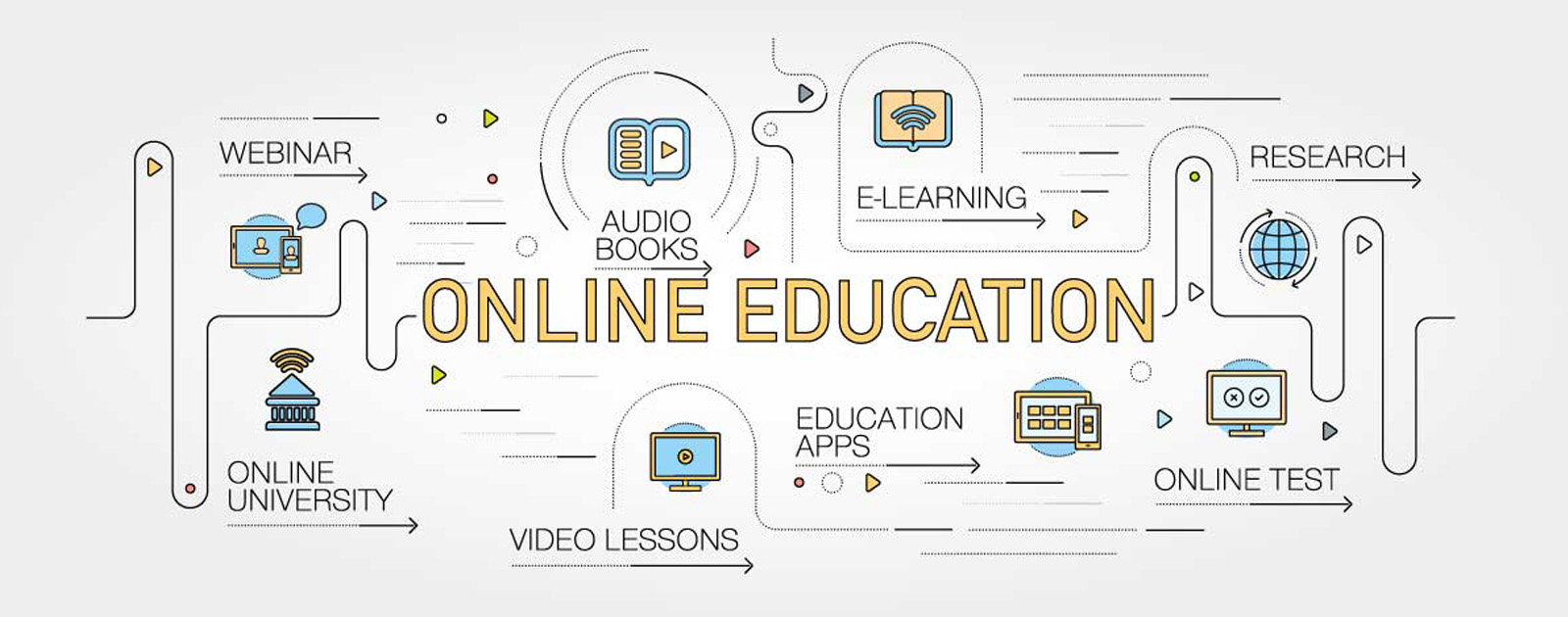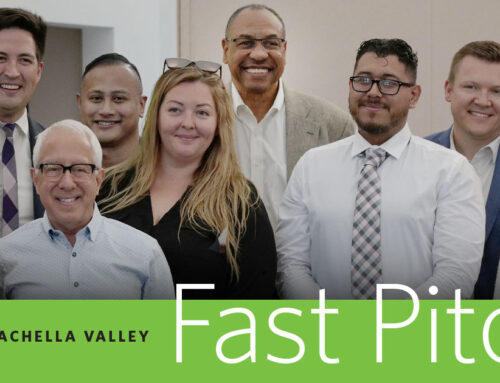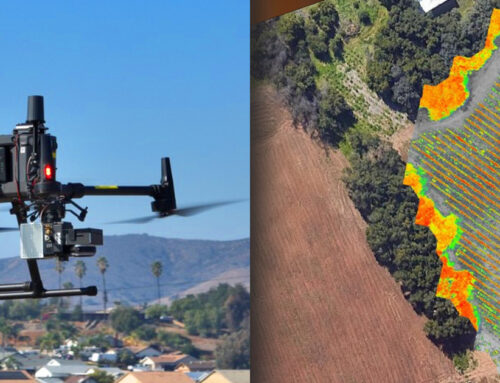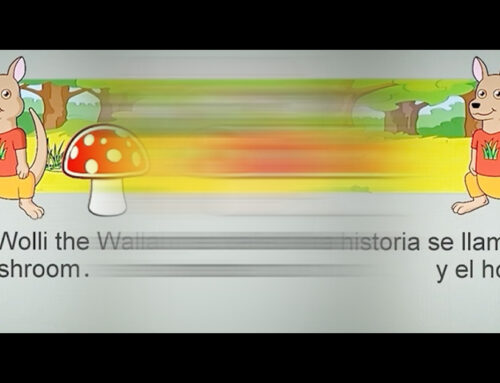Last week, from the comfort of my Palm Desert sofa, I watched my step-daughter walk across a stage to be awarded her masters degree in nursing from the University of Southern Indiana. As she walked, I began to reflect on the impacts of online education. My step-daughter is a mother of two college students. She kept a full-time job while completing a degree that literally increased her salary by 300%. Her entire program was online. The only on-campus activity was walking across the stage to accept her diploma.
Last year, my wife Karen completed her BS in nursing. That program was also entirely online. She elevated her value in the workplace by burning the midnight oil to complete her degree from the University of Southern New Hampshire. Incidentally, she had been denied admission by a brick and mortar university because she had not taken a speech class when she was getting an associates degree 20 years ago.
My son Daniel completed his BS in computer science from Western Governor’s University online in one year. He is currently enrolled in the online MS Program at Georgia Tech, which is perennially a top ten university in technology. He is a Senior Vice President at a tech company in San Diego, and he just bought a home in Poway.
CVEP‘s VP of Innovation, Laura James, just completed an MBA at Auburn University online. CVEP’s Director of Economic Development, Agustin Aragon, also finished his MBA in a program that was partially online and partially in a classroom.
Success stories of online education abound.
This all adds up to six college diplomas earned recently by people in my inner circle; five of these were exclusively online programs. It is worth noting that all of these degrees were earned by people who would not have been able to attend on-campus programs. The reach of online programs has the potential to elevate the skills of the nation. Because of these programs, college education is now available to those who otherwise would be unable to pursue it.
I know that five of these degrees came without incurring any debt. The other was a fraction of what it would have been had it been an on-campus experience. Geography and cost have long been barriers to college access, but online programs are beginning to change that. Online education is one of the great disrupters of the future and it will be accretive to the nation. In fact, it may be the best opportunity to close the skills gap between rural and urban areas. This is a concept worth embracing for people who live or work in locations that do not offer desired educational opportunities.
Finally, each of the six people mentioned have been rewarded with promotions and pay increases as a result of their educational achievements. There has been no stigma from having online degrees. In fact, one of the six has a Stanford graduate reporting to him!









